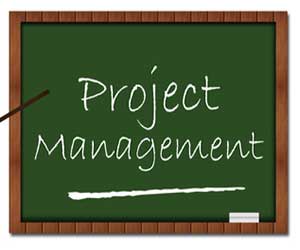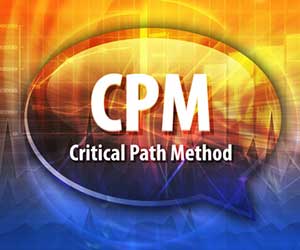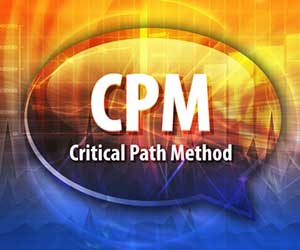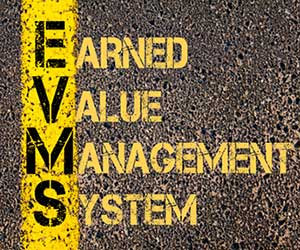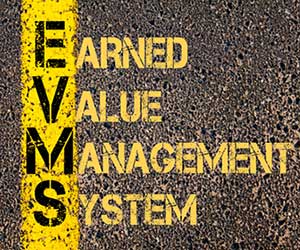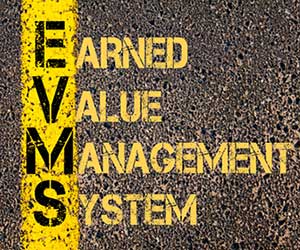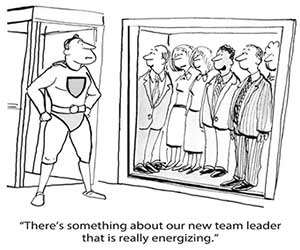Introduction to Project Management
Project Management is a unique field in that people generally don't choose it as an initial career path. They enter via the back door through a technical field, or they want to learn project management theory with the goal of advancing into the role. For this reason, many people who....
The Critical Chain Method
The Critical Chain Method is a relatively new concept in project management. It was developed and popularized by Dr. Elihayu M. Goldratt in his book Critical Chain (1997), which is written as a novel but outlines the methods used to ensure that projects complete on time. The Critical Chain method....
A Critical Path Method Example
When you, the project manager, need to make sure a project finishes on time, there is a science as well as an art form involved. But the science tends to enhance the art, in other words, if you know the science you will be that much better at practicing the....
The Critical Path Method
Making sure a project finishes on time is a core competency for all project managers. Although it is partly an art form, the Project Management Body of Knowledge (PMBOK), the PMP exam, and project management curricula all outline the science aspect. If you know the science part well, you can....
Schedule Performance Index (Earned Value Analysis)
In project management, getting an early indication of problems is the silver bullet that allows the project manager to correct the problems before they start. The Schedule Performance Index, usually abbreviated as SPI, is one of the fundamental outputs of the Earned Value Management System. It tells the project manager....
Schedule Variance (Earned Value Analysis)
In project management, getting an early indication of problems is the silver bullet that allows the project manager to correct the problems before they start. Schedule Variance, usually abbreviated as SV, is one of the fundamental outputs of the Earned Value Management System. It tells the project manager how far....
The Earned Value Formulas
Earned Value is a method of calculating project status. It does this from two perspectives: Time (schedule) and Cost. After applying the earned value method the project manager will know whether the project is: behind or ahead of schedule. over or under budget. In this post we will outline each....
The Generic Project Organization Chart
Although projects span a huge spectrum from big to small, innovative to routine, and technical to repetitive, there is in fact a standard project organization chart within which all projects fall. With the exception of a few variable parts all project fit into a standard mold. According to project management....
Estimating Task Durations
Estimating task durations is one of the fundamental parts of project management. It involves the estimation of the amount of time required by a certain project activity given the available resources. This happen directly after cost estimating. In the Project Management Body of Knowledge (PMBOK), the main output of the....
Task Dependencies
Developing a functional schedule requires that tasks have dependencies. That means they have relationships to one another, they are not orphans adrift at sea. All Tasks Should have a Dependency The Project Management Body of Knowledge (PMBOK) states that all tasks should have a dependency. This is because by definition,....
